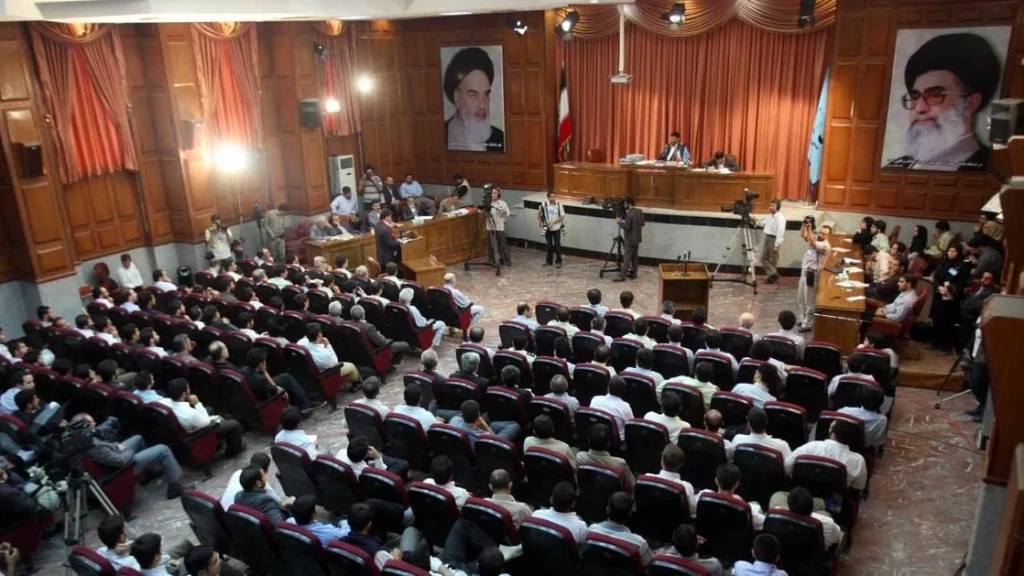Iran on 16 December executed a man convicted of spying for the Israeli Intelligence agency Mossad, IRNA reports.
The accused had communicated with the Mossad and collected classified information with associates to provide to the Israeli intelligence agency, officials said.
After an investigation was conducted, courts charged the accused with “intelligence cooperation and espionage for the benefit of the hostile Zionist regime, collecting classified information and providing information to the Mossad spy service officer directly with the aim of disrupting order.”
The judicial ruling took place at the central prison in the city of Zahedan in the province of Sistan and Baluchistan, where the culprit was sentenced to death by hanging.
In September, Theran announced the foiling of a Mossad assassination plot targeting clerics, judges, and members of the Islamic Revolutionary Guard Corps (IRGC).
This came days after Iranian intelligence thwarted an ISIS-linked operation planning to bomb multiple sites in Tehran.
At the end of August, Iranian authorities announced that intelligence forces obstructed the “biggest” sabotage plot against the country’s missile and aerospace industry
“Under direct orders from Mossad, this network, by selling [faulty parts], intended to convert the produced missiles into explosive devices to harm industrial lines and employees working in this field,” a defense ministry official said about the failed Mossad operation. “This countermeasure operation is one of the most complex intelligence operations the ministry has ever come across,” they added.
In July, Iranian Intelligence announced its security forces arrested members of an Israeli-linked terror network linked to “terrorist circles in Denmark and the Netherlands” connected to the Israeli spy agency Mossad.
The cell sought to bomb centers of public gatherings, transmission towers, and gas stations to disrupt and hinder the movement of essential imports and exports.
Over 40 explosives were confiscated from the members of the Mossad-linked cell, who were planning to use them at mourning processions and ceremonies during the month of Muharram, the first month of the Islamic year.
Iran Executes Man Convicted Of Spying For Mossad
